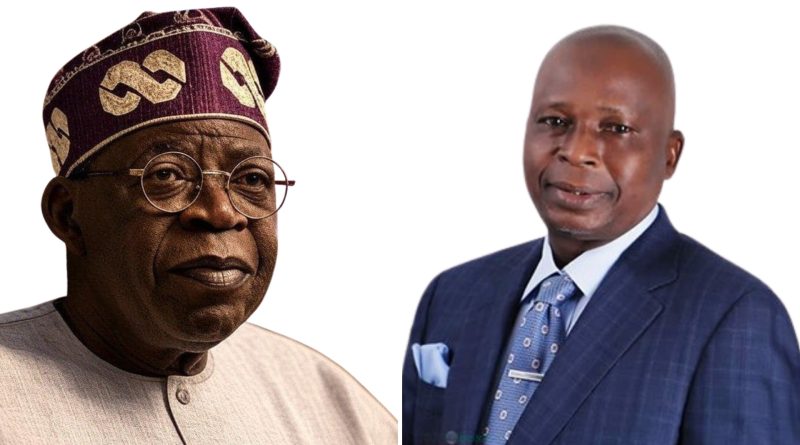Lawyer sues Tinubu, AGF over presidential pardon
A Nigerian lawyer, Victor Nwadike, has filed a suit at the Federal High Court in Abuja to challenge the presidential pardon granted earlier this month by President Bola Tinubu.
The suit filed on 15 October names the president and the Attorney-General of the Federation (AGF) and Minister of Justice, Lateef Fagbemi, as defendants. Mr Fagbemi heads the Presidential Advisory Committee on the Prerogative of Mercy, which recommended the clemency extended to 175 persons.
The list included about 50 convicted traffickers of illicit substances such as cocaine, heroin, cannabis, tramadol, and Indian hemp. Many of the convicts have barely spent a year in prison for their grievous offences.
The list sparked public outrage after it was made public following the Council of State’s approval on 9 October.
According to a copy of the court filings seen by PREMIUM TIMES on Tuesday, Mr Nwadike, argued that the power of the prerogative of mercy under Section 175 of the Nigerian Constitution is not absolute. “It must be exercised with due application of mind and for constitutionally relevant purposes, consistent with the rule of law and public interest.”
He added that “any exercise of this power that is arbitrary or based on legally extraneous or irrelevant considerations is ultra vires the Constitution and therefore void.”
Following the outpour of rebuke of the pardon from many Nigerians, the AGF said in a statement on 16 October that the list was not final and was still undergoing a review.
Mr Fagbemi said no inmate had been released from prison based on the pardon yet.
Mr Nwadike contended in his suit that the pardon “was issued without proper consultation with the Council of State, in breach of Section 175(2) of the Constitution.”
He urged the court to declare that an arbitrary exercise of prerogative of mercy “is void” and prayed the court to specifically declare that the October pardon was invalid for lacking proper consultation with the Council of State.
The lawyer also prayed for, among other pronouncements, an order of mandatory injunction setting aside the pardon and clemency after declaring them null, void, and of no legal effect.
‘Civic duty’
In an affidavit filed in support of the motion and sworn by Mr Nwadike, the plaintiff stated that he had “filed this action in the public interest” to challenge Mr Tinubu’s exercise of prerogative of mercy based on what he described as “irrelevant considerations”.
He also said it done “in a manner that offends the rule of law and public interest” and “contravention of Section 175 of the 1999 Constitution (as amended).”
Mr Nwadike said he brought the action in good faith to preserve the rule of law and constitutional order, while he maintained that he has “a professional and civic duty to uphold the rule of law and the sanctity of the Nigerian constitution.”
He urges the Attorney General of the Federation and, by extension, the Comptroller General of Prisons to refrain from releasing any of the persons named in that list or from giving effect to the said prerogative of mercy pending the hearing and determination of this suit.
The court document stated that “the defendants have 30 days from service of the summons to enter an appearance, either personally or through a legal practitioner, at the Federal High Court in Abuja.”
PREMIUM TIMES, however, learnt that the suit has not yet been assigned to any judge.
Clemency enmeshed in controversy
President Tinubu granted clemency to 175 individuals, including posthumous pardons for historical figures such as Herbert Macaulay and Mamman Vatsa. The pardons followed recommendations from the, chaired by Attorney-General Fagbemi.
The clemency covered 82 current inmates, 15 former convicts, including 11 posthumous cases, and seven death row inmates whose sentences were commuted to life imprisonment.
The government cited factors such as remorse, good conduct, old age, ill health, and rehabilitation as reasons for granting clemency. But public reactions have been mixed, with some praising the administration while others criticised the announcement.
About 50 drug offenders were among those pardoned, drawing criticism from opposition figures and rights groups, who warned it could undermine Nigeria’s anti-narcotics campaign and send the wrong message to law enforcement.
Following public outrage sparked by the list, Mr Fagbemi said in a statement on 16 October that the process “remains at the final administrative stage, which includes a standard review to ensure that all names and recommendations fully comply with established legal and procedural requirements before any instrument of release is issued.”

